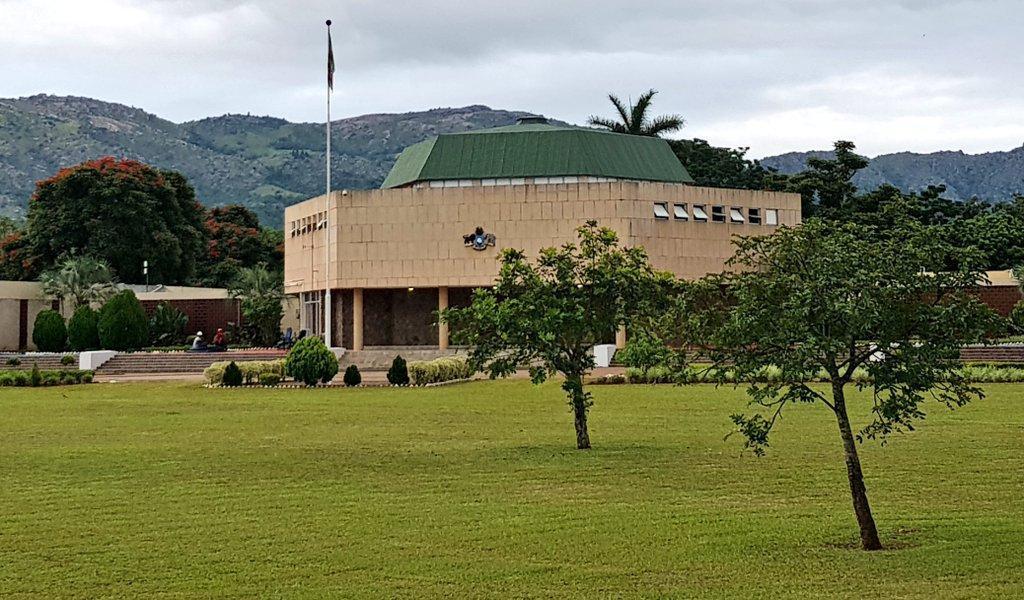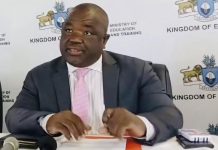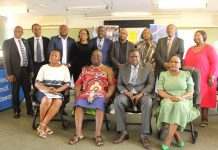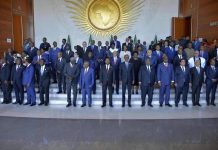Africa-Press – Eswatini. Grave concerns surrounding the integrity of the legislative process have resurfaced in the Eswatini Parliament, as anonymous Members of Parliament (MPs) voiced their disillusionment regarding the behaviour of some of their colleagues.
In an environment where collaboration and trust should underpin decision-making, allegations of duplicity have cast a shadow over the legislative body.
“Some Members of Parliament cannot be trusted in the House of Assembly,” lamented one anonymous MP. “How can you raise a motion, and when it comes time to vote, you, the motion raiser, choose to oppose it?”
This sentiment was echoed by several other MPs who wish to remain unidentified for fear of backlash.
The statements have raised eyebrows across the political landscape, as such actions are seen as undermining the very foundation of parliamentary democracy.
The lawmakers expressed concern that the lack of trust among colleagues hampers effective governance and erodes public confidence in the parliamentary system.
Parliament
Recently, a notable instance of this behaviour reportedly occurred during deliberations on a proposed bill aimed at increasing transparency in government spending.
Initially introduced with the backing of several MPs, the motion faced surprising resistance during the voting phase, with the original proponent unexpectedly voting against it.
This move has been described as “political manoeuvring” by critics, indicating a troubling pattern that could destabilize future legislative initiatives.
Political analysts explain that such behaviour may be driven by a variety of factors, including internal party dynamics, personal agendas, or external pressures.
“In a system fraught with competition and power struggles, some MPs may prioritize their interests over collective goals,” an independent observer said in an interview with Eswatini Daily News (EDN).
The ramifications of this discord can be significant. With unresolved trust issues, the government may struggle to pass crucial reforms that require cross-party support.
Furthermore, the public’s perception of Parliament as an institution of accountability and representation could be jeopardized, fueling disenchantment among voters.
As the Parliament prepares for its upcoming sessions, the call for unity and cooperation rings stronger than ever. “We need to rise above our differences and work for the interests of our constituents,” one MP urged.
“If we do not trust each other, how can the public have faith in us?”
It should be noted that with the legislative agenda becoming increasingly crucial for Eswatini’s development, the hope is that Parliamentarians will address these internal rifts and recommend a culture of transparency and collaboration.
Only time will tell if the House of Assembly can restore the trust necessary for effective governance and represent the best interests of the Eswatini people.
As these discussions continue, the citizens of Eswatini remain attentively watchful, eager to witness whether their leaders will rise to the occasion or if further discord will fuel their skepticism of the parliamentary process.
For More News And Analysis About Eswatini Follow Africa-Press







